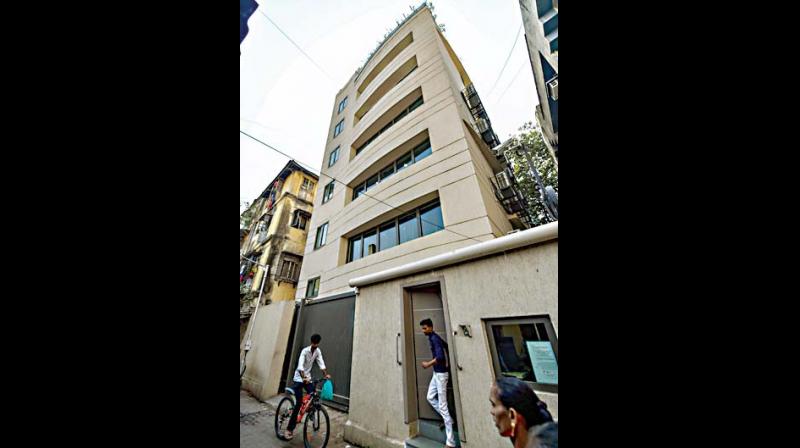26/11 Ten Years Later: Is Mumbai still vulnerable?

Walking down Colaba Causeway, past the renovated face of Cafe Leopold, in the shadow of the iconic Taj Hotel, or in Kalaghoda, abutting the Jewish Chabad House where scars of violence have been swallowed up by the cracks in its decaying walls, it takes a minute to remember the bloodshed and mayhem let loose on these Mumbai landmarks on the 26th of November 2008. In the decade gone by, time has stood as still as it has moved on. But will Mumbai be able to see another 26/11 before it happens?
“The Indian government has not made any attempt towards a systemic overhaul. Major initiatives like the National Counter Terrorism Centre (NCTC) and the National Intelligence Grid are struggling to get off the ground primarily due to political bickering. The politicisation of the terrorism debate in the country has made it difficult for the country to nurture a coherent response to terrorism.
Bruce Riedel, eminent South Asia and Counter Terrorism expert, presently with the Brookings Institute, compares the Paris terror attack of 2015 to the horrific attack on Mumbai on 26 November, 2008. He suggests that “Mumbai has been studied by both terrorists and counter-terrorists because it set a gold standard for how a small group of suicidal fanatics can paralyse a major city, attract global attention, and terrorise a continent.” He concludes his analysis by observing that the “Lashkar-e Taiba (LeT) paid no penalty for its attack, nor did its Pakistani patrons. The group’s senior leadership operates freely in Pakistan and enjoys the support and protection of the Pakistani Army.”
It is no longer as vulnerable and soft a target as it was in 2008. This is because of the quantum enhancement of the coastal surveillance infrastructure and better integration and demarcation of responsibilities of the Navy, Coast Guard and Marine Police have been undertaken, thereby minimising the ability to avoid detection in the seas off the city. Secondly, the establishment of the integrated NSG hub in Mumbai and the enhancement of the capabilities and training of Force ‘Alpha’ of the Mumbai Police, its Special Weapons and Tactics (SWAT) team, will certainly impact response timings and prevent terrorists getting the time, space or flexibility to conduct open ended operations we witnessed earlier. There have also been attempts to upgrade the technical capabilities, communication and training of the Police as well as put in place access control measures in vulnerable areas such as railway stations and hotels, though as per reports serious weaknesses continue to remain.
— Brig. (Retd) Deepak Sinha
(Courtesy ORF)

